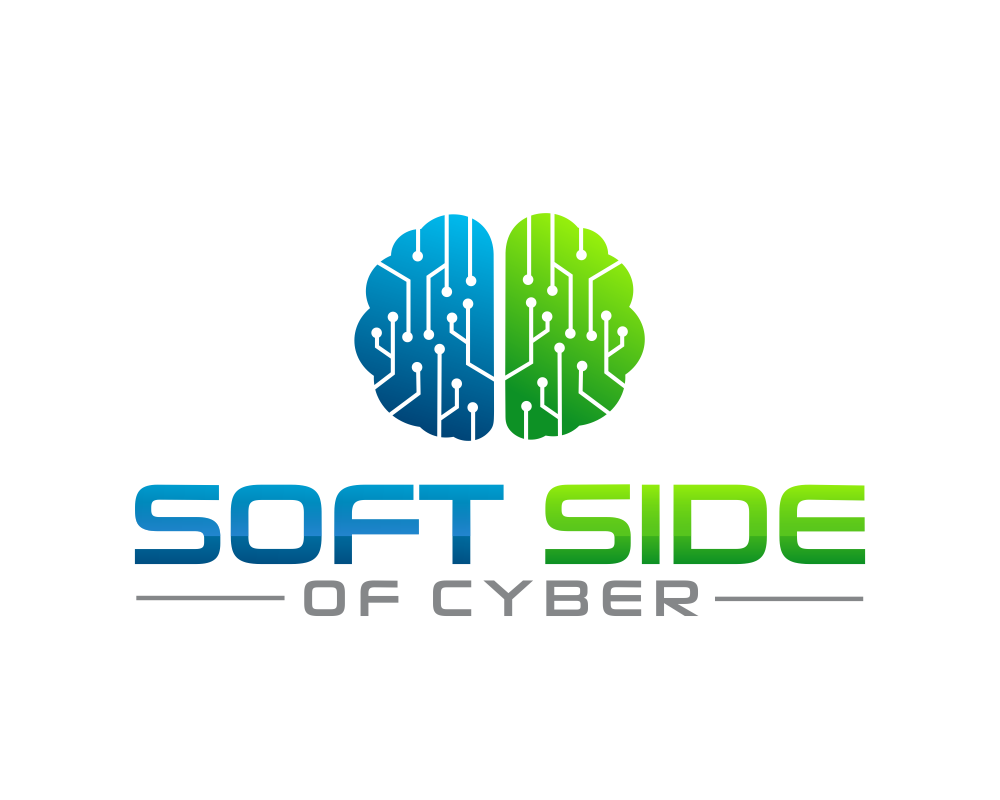
The Power of Mentorship in Cybersecurity: Nurturing Growth, Continuous Learning, and Humility
I was fortunate that my first major job in cybersecurity had a strong mentor program. This was Cigital when it was still heavily focused on deeply technical application security services. We didn't have managers, not outside of a project. To help with career growth, it was all about mentorship. Everyone got a mentor, and many people were mentors.
Your mentor advocated for you in times of performance reviews.
Your mentor assisted you with your career planning.
Your mentor challenged you to grow, stretch, and be your absolute best.
I credit so much of my career and what it is today to my experience at Cigital during these years. Over my years in cybersecurity, I have come to appreciate more and more that this field, while deeply technical, is built on the people behind the code and the whiteboards. So today, I want to dig deeper into the importance of mentorship in our field.
Significance of Mentorship in Cybersecurity
It's easy and somewhat boring to reiterate how much things change in cybersecurity and how quickly that happens. Keeping up with it all requires data, updates, and knowledge. Knowledge and situational awareness, though, do not equate to mastery.
We need wisdom. We need real-time spent on complex problems.
It's more than just a series of books, blogs, and podcasts.
Mentorship is one of the best ways we have as an industry to engage, cross-train, and bring others up. It is a conduit for this wisdom that can be passed down through shared experiences, challenges, and confidence building. All of it contributes to a broader understanding of this complex field we all work in.
The Role of a Mentor
In our industry, continuous learning isn't just a buzzword or something nice to have; it's a survival mechanism. Mentors have lived experience and exposure to real-world scenarios. That experience could be as simple as running a penetration test. But, it could also be much more involved, like responding to a massive data breach.
Read all the textbooks you want, but you won't get the same level of understanding.
A mentor is in a position of influence and authority over their mentee's career path. They are a lighthouse amidst the chaos and confusion of competing information, short-term gains, and information overload.
As a mentor, my challenge to you with anyone you engage in a mentor/mentee relationship with is to:
- Be transparent with your own shared experiences. Get real, and don't just stand on the soap box of a senior resource who now knows everything.
- Challenge your mentees in their career growth and journey. Stretch goals won't all get achieved. If they did, they didn't reach far enough.
- Listen to your mentees about what they want, where they want to go, and who they want to work with. These things should inform the way you end up helping them.
The Role of a Mentee
Conversely, as a mentee, your role is to bring that passion for learning. This means asking questions, challenging the status quo, and never shying away from unknown territories. Remember, every interaction is a learning opportunity, and your curiosity also sparks new ideas for your mentor.
As a mentee, don't rely on your mentor to figure everything out for you. Instead, come up with a plan, goals, and big questions, and leverage your mentor to help you get there.
Ultimately, this relationship supports both the mentor's and the mentee's development.
The Value of Humility in Mentorship
Humility is an underrated virtue in a field dominated by technology. As mentors, we must acknowledge that we don't have all the answers. Similarly, as mentees, it's essential to realize that there's always more to learn.
This mutual humility fosters an environment of respect and open dialogue, enabling both parties to grow together.
The concept of humility extends to the time when mentorship applies to your career. I don't think you ever outgrow the need for strong mentors. They will change, and your needs will change, but your need for continued learning and wise counsel does not.
This humility is something that should be applied to almost all interactions you have in cybersecurity: with executives, developers, IT, and more.
How to Find a Mentor or Mentee in Cybersecurity
If you're just getting started, finding a mentor or mentee might seem like a daunting task. This field is vast and diverse, though. But, on the whole, it's also one with many willing people to help each other out.
Make your intentions and your goals known to others.
Put out a post on social media like LinkedIn. Reach out to some trusted colleagues or friends. There are a lot of avenues that this can come about.
Concluding Thoughts
To bring this home, mentorship is a powerful tool in cybersecurity for both personal and professional development. As we navigate this field's maze (or minefield), we need to recognize the importance of learning from others and giving back. Everyone has something they can teach, and everyone has more they can learn.
In the words of Isaac Newton, "If I have seen further, it is by standing on the shoulders of giants."
